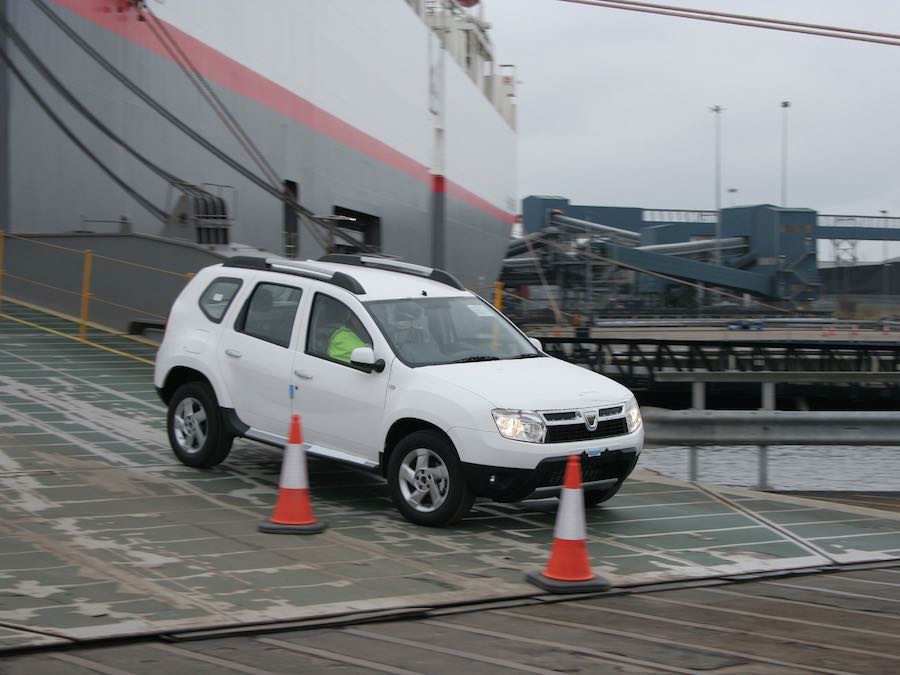What's the news?
The European Consumer Centre (ECC), a pan-European, pro-consumer group with offices in all the major EU capitals including Dublin, has warned buyers to tread carefully when buying a car from a fellow EU member state for personal import. The organisation has said that, while the number of cases it has investigated on behalf of consumers is relatively small when it comes to imported cars, the sums of money involved are proportionally much higher than in other consumer areas.
The ECC is there primarily as a source of information for those seeking to buy across borders within the EU, but also investigates claims on behalf of those who feel aggrieved by poor sales care, and dealt with 37,609 cases in 2014. Of those, just 2.1 per cent involved cars, but ECC Ireland received more than 100 complaints related to car or car parts purchases, and actively pursued 19 cases.
Martina Nee, press and communications officer with ECC Ireland said: "ECC-Net has come up with a one-stop-shop to give EU consumers relevant and practical information on cross-border car purchases. While the report highlights some of the issues faced by consumers when purchasing a car in another EU Member State, the fact sheets will act as a handy guide to purchasing or registering a car in a specific country. For example, Irish consumers tend to go to the UK to make a car purchase so there is information on paying by cash, payment of VAT, obligation on sellers to provide vehicle inspection, what to look for in contract of sale, how to cancel the contract, and what documents to provide the seller. There is also advice on temporary plates or insurance, how to report a complaint, seek redress, or report fraud."
In one case, an Irish buyer arranged to buy a car from a UK dealer, paid a deposit and the balance of the price by online bank transfer, but was refused the car when they arrived at the dealership. Why? Because the dealer staff were not prepared to accept an Irish passport as proof of identity. Although the cost of the car was refunded, the customer complained to the ECC, and following an investigation the dealer had to pay both the customer's travel and sundry expenses for going to and from the UK, as well as some compensation.
More worryingly, another buyer paid a £8,000 price tag to an online car sales site, but subsequently heard nothing further from the dealer. When a complaint was made, it turned out that the site was operating fraudulently, having been the subject of more than 40 complaints from other buyers. The case is now with the Fraud Squad of the Metropolitan Police in London.
John Byrne, Cartell.ie, commented: "Buyers need to be aware of the prevailing local conditions including the administrative burden and even, in the case of the UK, awareness that a vehicle may have carried different registration plates during its life cycle. A car history check is always advisable."
The report has particular currency for Irish car buyers seeking to go down the private import route - with the UK set to vote on its 'Brexit' in June, our only realistic source of right-hand drive cars could soon become much more complicated to buy from, and won't be covered by the ECC. As one senior figure in the Irish car industry recently advised us, if you're going to import a car from the UK, better do it before June...

